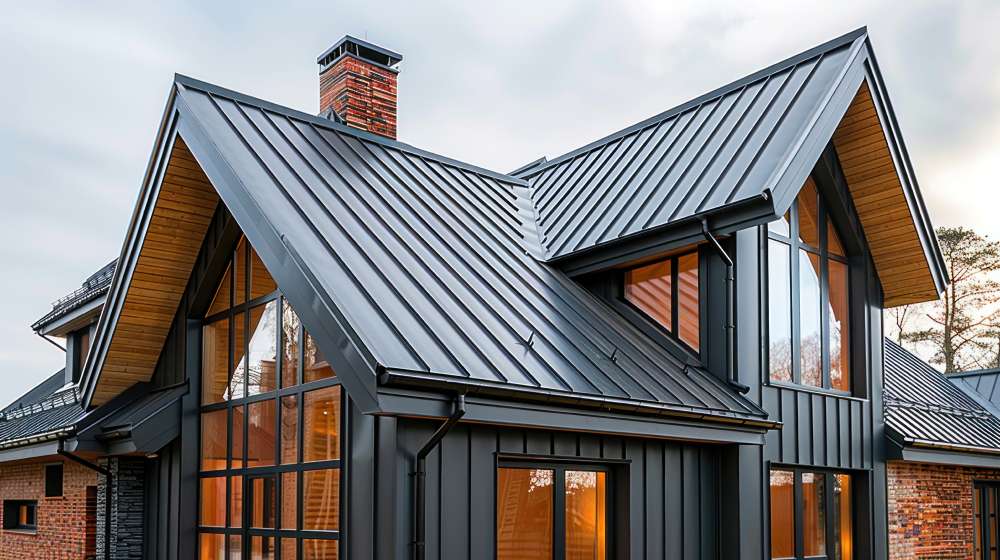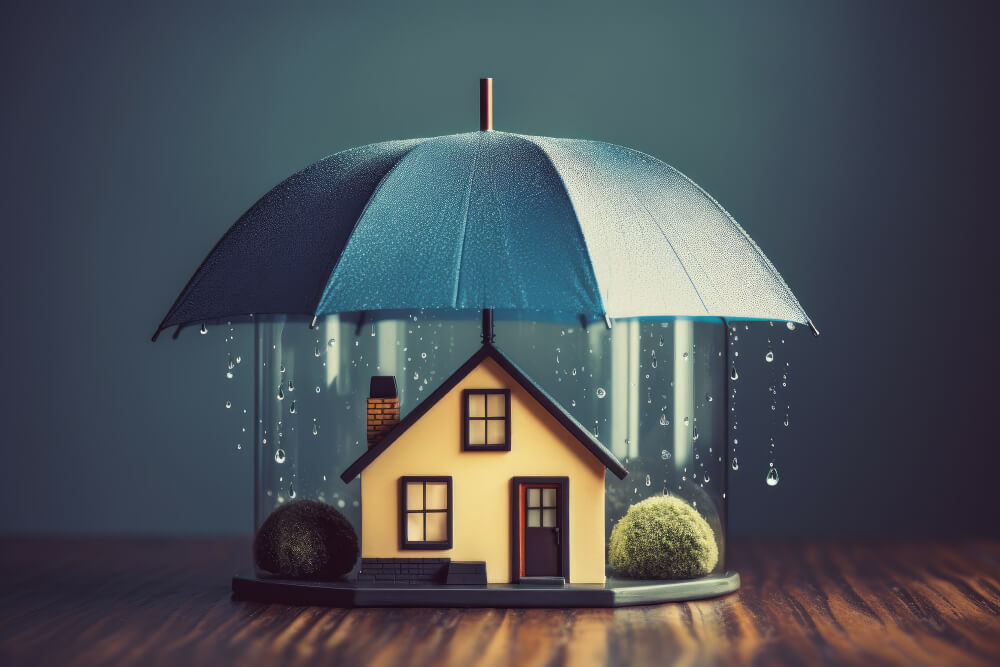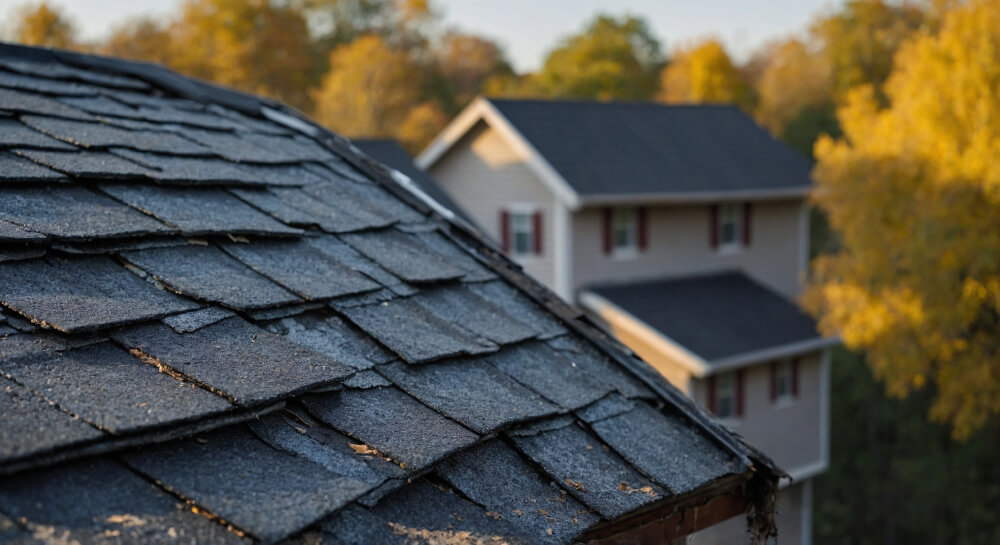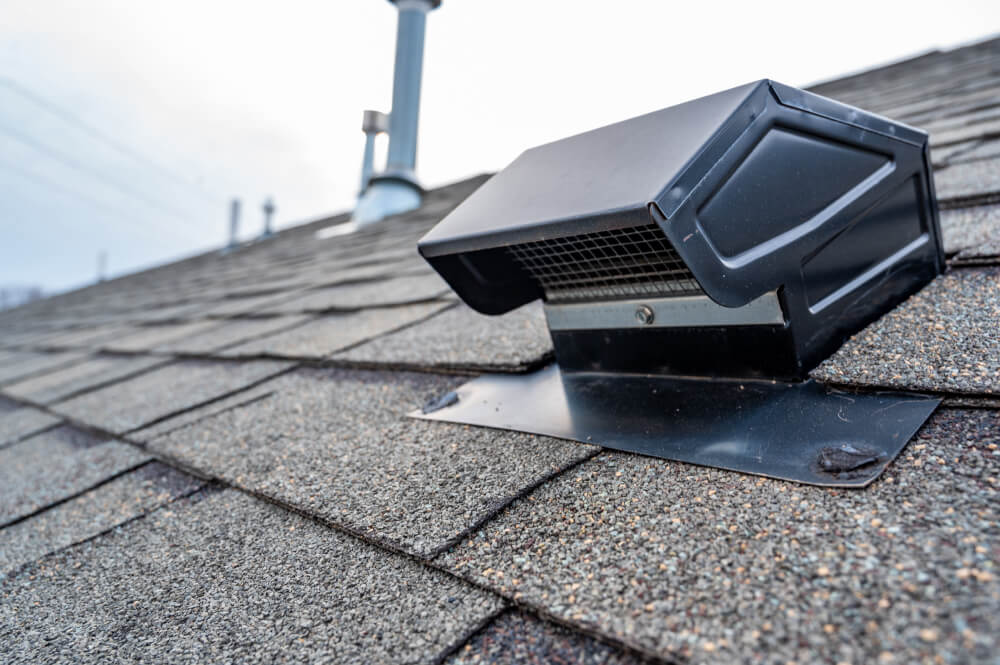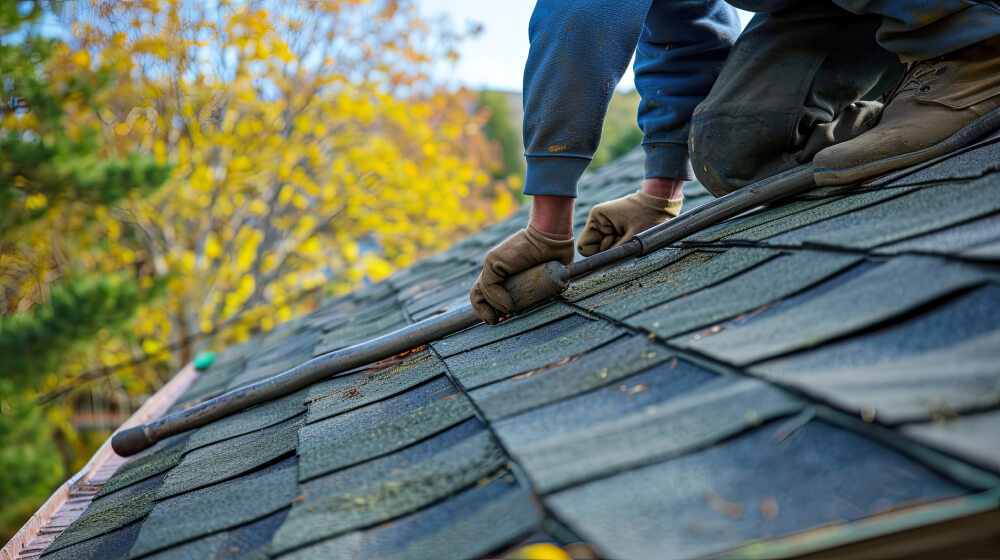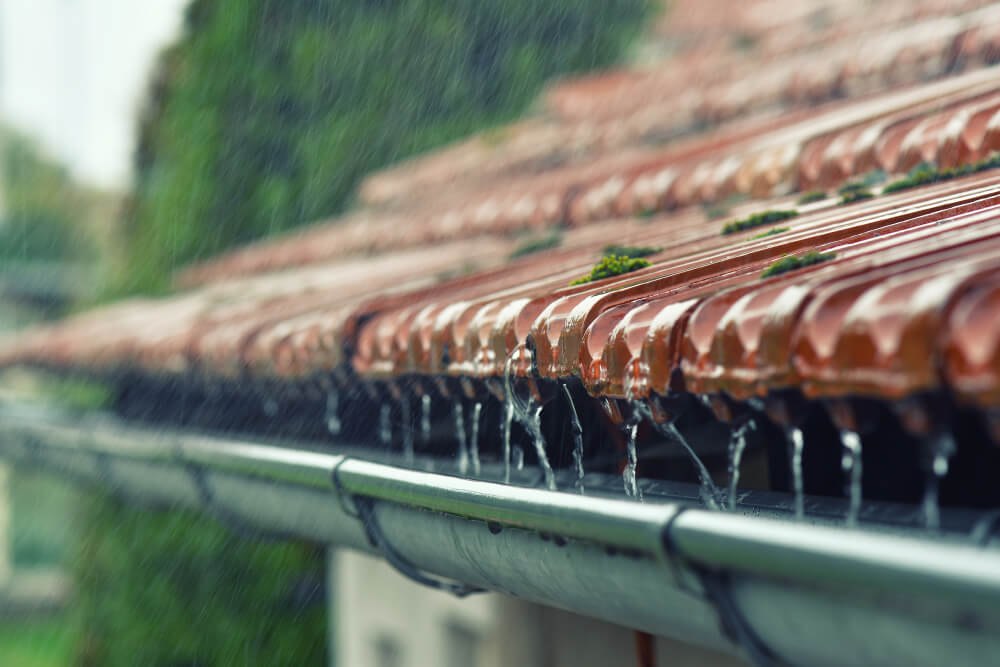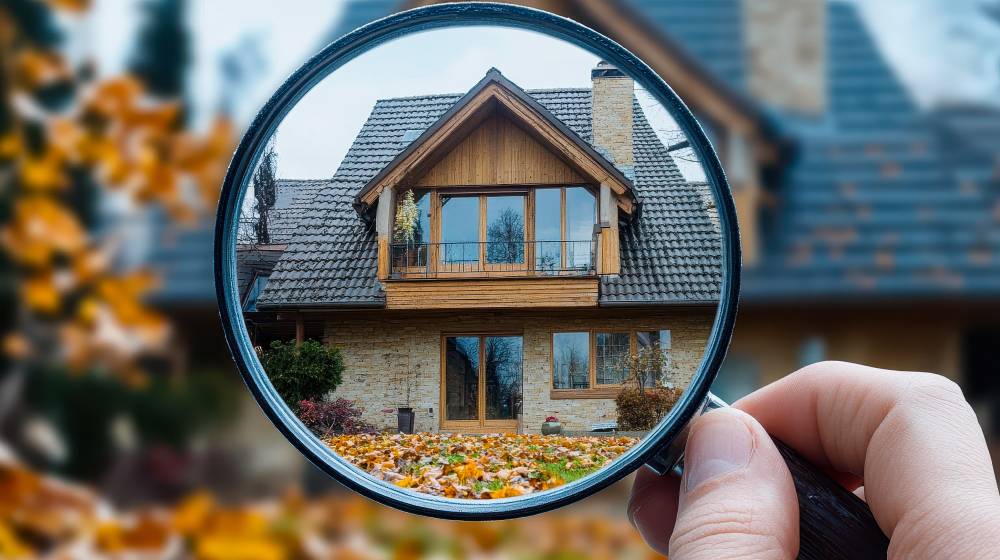Your roof is one of the most important components of your home, providing protection from the elements and contributing to the overall structural integrity of your house. Regular maintenance is essential to ensure that your roof remains in good condition and to extend its lifespan. This article will provide you with comprehensive roof maintenance tips that will help you protect your investment and avoid costly repairs.
Regular Inspections
Conduct Bi-Annual Inspections:- Perform a thorough inspection of your roof at least twice a year, ideally in the spring and fall. Look for signs of damage such as missing or damaged shingles, cracks, or leaks.
- After storms or extreme weather events, check your roof for any signs of damage. High winds, hail, and heavy rain can all cause significant damage to your roof.
- If you’re inspecting the roof from the ground, use binoculars to get a closer look at hard-to-see areas. This can help you identify potential issues without the need for climbing.
Clean Your Roof
Remove Debris Regularly:- Clear leaves, branches, and other debris from your roof regularly. Debris can trap moisture, leading to mold and rot, and can also cause damage to shingles.
- Ensure that your gutters and downspouts are free of leaves and other debris. Clogged gutters can cause water to back up and damage your roof, fascia, and soffits.
- Moss and algae can grow on your roof, particularly in shaded areas. These can cause shingles to deteriorate and may lead to leaks. Use a roof cleaner designed for removing moss and algae, and consider installing zinc or copper strips to prevent future growth.
Join HICP Homeowner’s Alliance
Connect with experts, get special discounts and enjoy member benefits
Preventative Measures
Trim Overhanging Branches:- Trim any tree branches that hang over your roof. Overhanging branches can damage shingles and provide a pathway for pests. They can also drop leaves and other debris onto your roof.
- Proper ventilation in your attic helps regulate temperature and moisture levels, preventing condensation that can lead to mold and rot. Check your attic vents to ensure they are not blocked.
- Good insulation helps maintain a consistent temperature in your attic, preventing the formation of ice dams in winter. Ice dams can cause water to back up under shingles and lead to leaks.
Repair and Maintenance
Replace Damaged Shingles Promptly:- If you notice any damaged or missing shingles, replace them as soon as possible. Damaged shingles can allow water to penetrate your roof, leading to leaks and further damage.
- Check for and seal any cracks or openings in your roof, including around vents, chimneys, and skylights. Use a high-quality roofing sealant to prevent water infiltration.
- Flashing is the material used to seal joints and edges around roof features like chimneys, vents, and skylights. Inspect the flashing for damage or deterioration and repair or replace it as needed to prevent leaks.
Professional Maintenance
Schedule Professional Inspections:- Hire a professional roofing contractor to inspect your roof every few years. They can identify potential issues that you might miss and provide expert advice on maintenance and repairs.
- Consider having your roof professionally cleaned to remove tough stains, moss, and algae. Professional cleaning can be more thorough and less risky than DIY methods.
- Maintain a detailed record of all roof inspections, cleanings, repairs, and professional maintenance. This can be helpful for warranty purposes and for future reference if you sell your home.
Additional Tips
Check for Signs of Animal Damage:- Look for signs of animals such as nests, droppings, or gnawed areas. Birds, squirrels, and other animals can cause significant damage to your roof.
- Keep an eye on your ceilings and attic for signs of water damage, such as stains, mold, or dampness. Early detection of leaks can prevent major repairs.
- Minimize walking on your roof to prevent accidental damage to shingles and other roofing materials. If you must access the roof, use proper safety equipment and take precautions.
- Familiarize yourself with the terms of your roof’s warranty. Ensure that your maintenance activities comply with the warranty requirements to avoid voiding it.
- Don’t wait for problems to arise before taking action. Regular, proactive maintenance can extend the life of your roof and save you money in the long run.
Maintaining your roof is crucial for protecting your home and ensuring the longevity of your roofing system. By conducting regular inspections, cleaning your roof, performing timely repairs, and taking preventative measures, you can keep your roof in excellent condition and avoid costly repairs. Remember to enlist the help of professional roofing contractors when needed and to keep detailed records of all maintenance activities. With proper care, your roof can continue to provide shelter and security for your home for many years to come.

